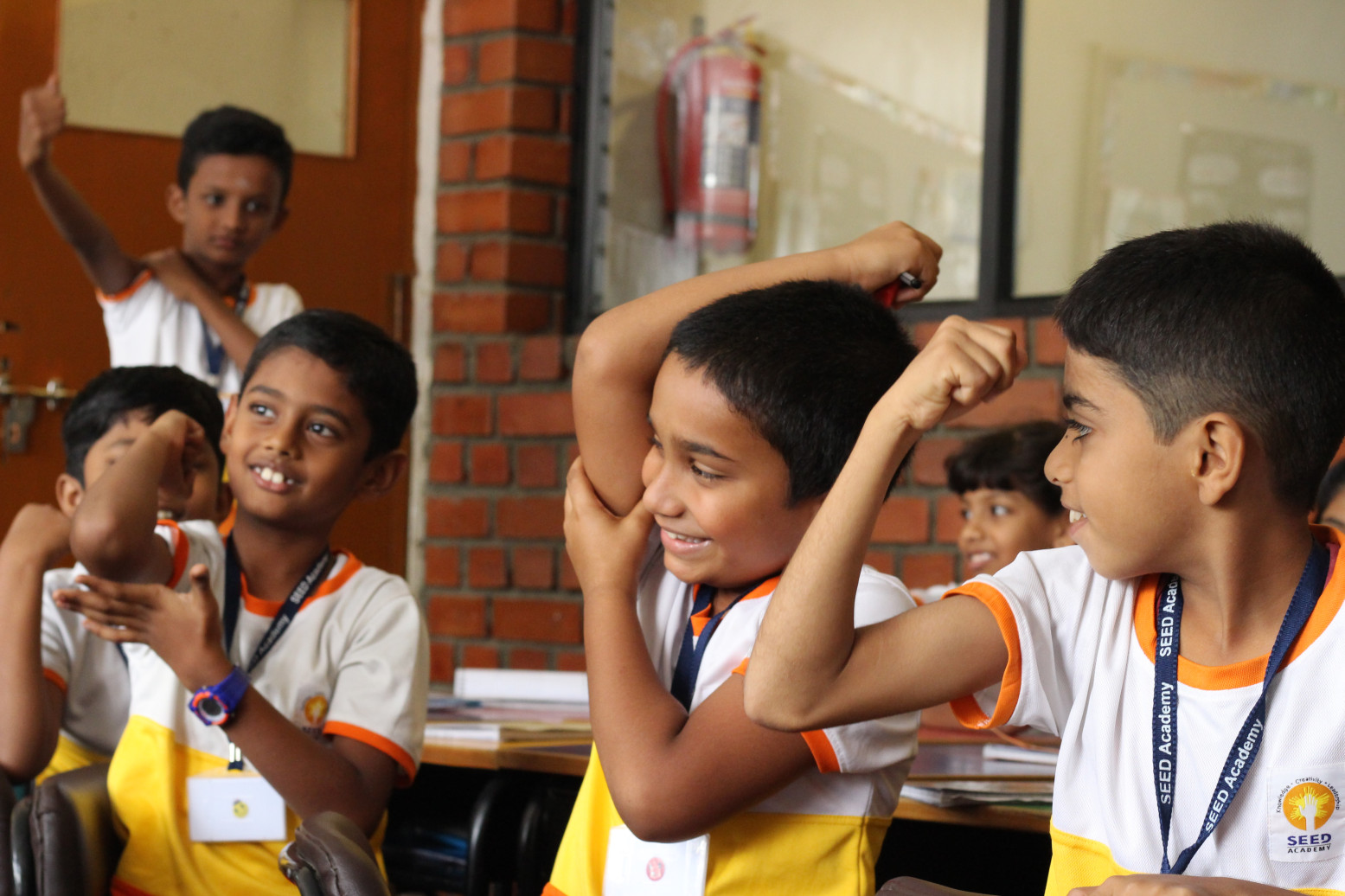Seed Academy's approach to learning is multifaceted and student-centered, emphasizing the holistic development of each child.
Experiential learning is at the core of our educational philosophy. We believe that students learn best by actively engaging with the material through hands-on experiences. This approach fosters critical thinking, problem-solving, and a deeper understanding of concepts.
Socio-emotional learning is another integral component of our methodology. We recognize the importance of nurturing emotional intelligence and social skills. Our students are encouraged to understand and manage their emotions, build strong relationships, and develop resilience, preparing them for success not only academically but also in life.
To meet the diverse needs and learning styles of our students, we provide personalized learning environments through differentiated instruction. We understand that each child is unique and progresses at their own pace. Our educators tailor instruction to individual needs, allowing students to explore their interests and talents while addressing their specific challenges.We adapt our teaching methods to accommodate varying skill levels and learning styles within the same classroom. This approach ensures that every student receives the support and challenges they need to reach their full potential.


